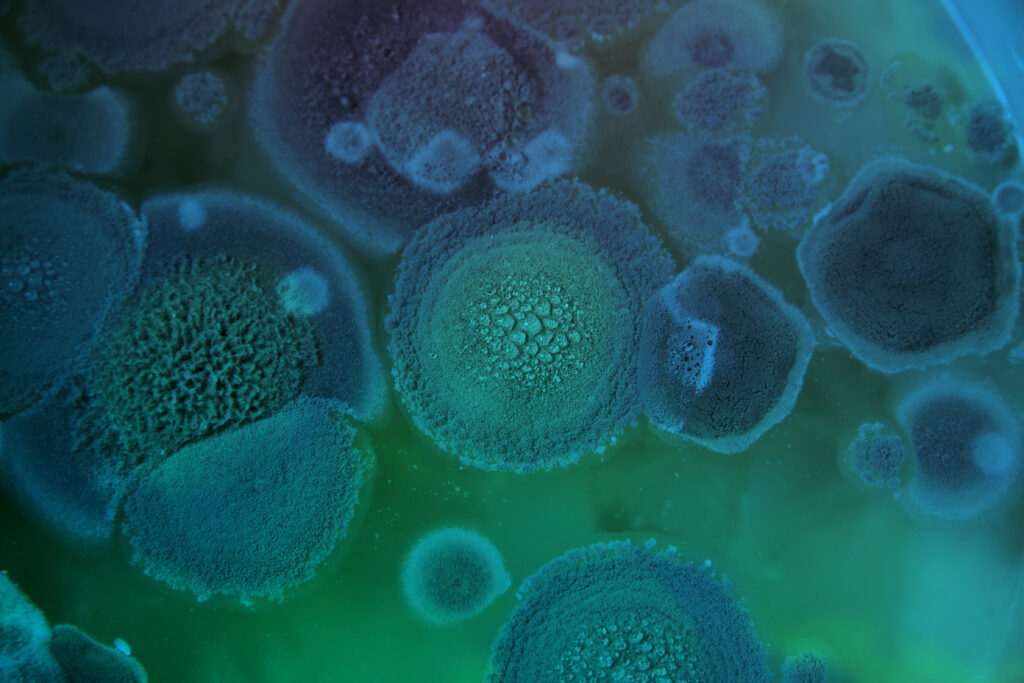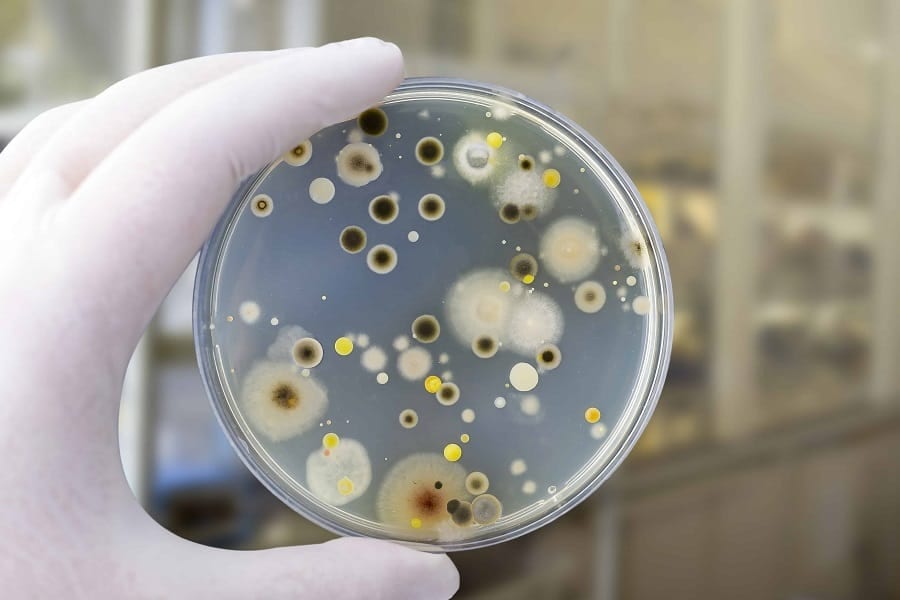
Mold Toxicity
Mold can affect your health in a variety of ways. It can cause respiratory symptoms such as wheezing, coughing, and difficulty breathing; eye irritation; skin irritation; headaches; memory impairment; and even neurological conditions. People with asthma or allergies are particularly at risk for developing mold-related illnesses due to their already weakened immunity. Symptoms may be mild or severe depending on the amount of mold present and the person’s sensitivity. It is important to take proactive steps to reduce your exposure to mold, as long-term health effects from mold toxicity can occur.
If you’ve ever encountered a mold infestation, you might have some concerns regarding the impact of mold exposure on your health. Perhaps you have even pondered taking measures to eliminate the effects of mold from your body. Mold is a fairly common issue, with significant mold growth present in anywhere from 10% to 50% of indoor living spaces worldwide, as per 2016 research. Molds are also naturally found in the outdoor environment. As a result, completely avoiding all exposure to molds is not feasible.
Symptoms of mold exposure
Have you been suffering from new allergies, headaches, or other health problems? If so, you may have been exposed to mold. Fortunately, there’s an easy, safe way to determine whether you’re suffering from the harmful effects of toxic mold. Below are some common symtoms of mold exposure:
Psychiatric – anxiety, fear, panic attacks, mood swings, irritability, anger, OCD, reduced ability to cope with stress, hallucinations, and suicidal thoughts
Cognitive – decreased short-term memory, difficulty concentrating, difficulty learning new information, word-finding difficulty, reduced ability to plan and execute, lack of motivation, brain fog, and Alzheimer’s dementia
Musculoskeletal – muscle aches, sharp shooting pain, joint pain, morning stiffness
Cardiovascular – palpitations, vasculitis, edema
Respiratory – shortness of breath, chronic cough, sinus congestion, nasal drip
Neurological – headaches, migraines, tremors, vertigo, seizures, burning along the spine, sensitivity to light, sensitivity to touch, numbness and tingling, sense of internal vibration
Digestive – abdominal pain, diarrhea, appetite swings, nausea, leaky gut syndrome
Eye tearing and itching

Testing for mold illness
Treatment for mold illness depends on the severity of your symptoms and can include medication to manage allergies, antihistamines to reduce inflammation, antibiotics to treat infection, and/or removal of affected surfaces or materials. If you have been exposed to a large amount of toxic mold spores, your doctor may recommend additional tests such as blood work or imaging studies in order to determine the severity of your illness.
Testing methods to determine severity
Urine Mycotoxin Test
The Urine Mycotoxin Test is a valuable tool that we use here at Longevity Healthcare. It indicates whether a person is excreting mycotoxins following mold exposure. However, it’s important to note that excreting mycotoxins doesn’t necessarily equate to having mold illness. The severity of mold toxicity can be inferred by the degree of elevation of mycotoxins in the urine.
Among the various urine mycotoxin tests available, the Real Time Laboratory test has proven to be the most reliable in my experience. For optimal accuracy, it is recommended to receive intravenous glutathione the day before collecting the urine sample. If intravenous glutathione is not accessible, oral liposomal glutathione can be taken for five days prior to collection. Additionally, it’s crucial to discontinue the use of binders like cholestyramine, charcoal, or clay for five days before the test.
Mycotoxin Antibody Test
A mycotoxin antibody test detects antibodies produced by the immune system against mycotoxins. Note, this is not a mold antibody or allergy test. A mycotoxin antibody test is valuable because it indicates whether or not the immune system is mounting a response to various mycotoxins. Immune activation will cause inflammation and contribute to symptoms.
I find this test extremely important and clinically relevant in evaluating my patients for mold-related illness. For example, someone may be excreting mycotoxins in the urine from mold exposure but it may not be triggering an immune response.

Treatment to reduce inflammation
At Longevity Healthcare, reducing inflammation in mold toxicity is crucial due to the chronic inflammation and oxidative damage caused by mold exposure. To address this issue, along with mycotoxin removal and detoxification, repairing the inflammatory response and oxidative damage are vital steps.
Several therapies have shown promise in reducing the inflammatory cytokines that escalate in the presence of mycotoxins. Below, you will find treatments that have proven effective in my practice or have shown success in research studies.
- Turmeric
- Berberine
- Resveratrol
- NAC
- Low-dose naltrexone (LDN)
- Phosphatidyl choline
- Green tea (EGCG)
- Transfer Factors Enviro
Don’t Let Mold Interfere with Restoring Your Health
Mold can be found everywhere in the environment, and indoor exposure to toxic mold can lead to inflammation and immune dysregulation. These effects can cause a wide range of symptoms across multiple body systems, making mold illness challenging to diagnose. Unfortunately, physicians often overlook environmental causes of illness and do not inquire about exposures like mold. If you are experiencing multiple chronic symptoms, have been diagnosed with Lyme disease, an autoimmune or neurological condition with an unknown cause, it is crucial to seek the expertise of a physician specializing in mold illness to undergo appropriate testing. We at Longevity Healthcare take the appropriate steps to ensure proper diagnosis and care.
Additional Keywords:
- mold in your home
- allergic reaction
- health condition
- types of mold
- blood sample
- water damage
- mold allergy
- allergy shots
- black mold
- blood test
- nasal sprays
- remove mold
- allergy shots
- common symptoms
- how do you treat mold poisoning
- treatment for mold poisoning
- treating mold toxicity
- mold poisoning treatment
- how do you treat mold illness
- mold poisoning cure
- indoor molds

